Looking to venture to Japan? Before you go, it’s crucial to know the worst times to visit Japan.
Brace yourself for typhoon season, when the weather can be tempestuous.
Golden Week may seem enticing, but the crowds can be overwhelming.
The stifling summer heat and humidity can leave you drenched, and winter snowstorms can be treacherous.
Stay ahead of the game and plan your trip wisely.
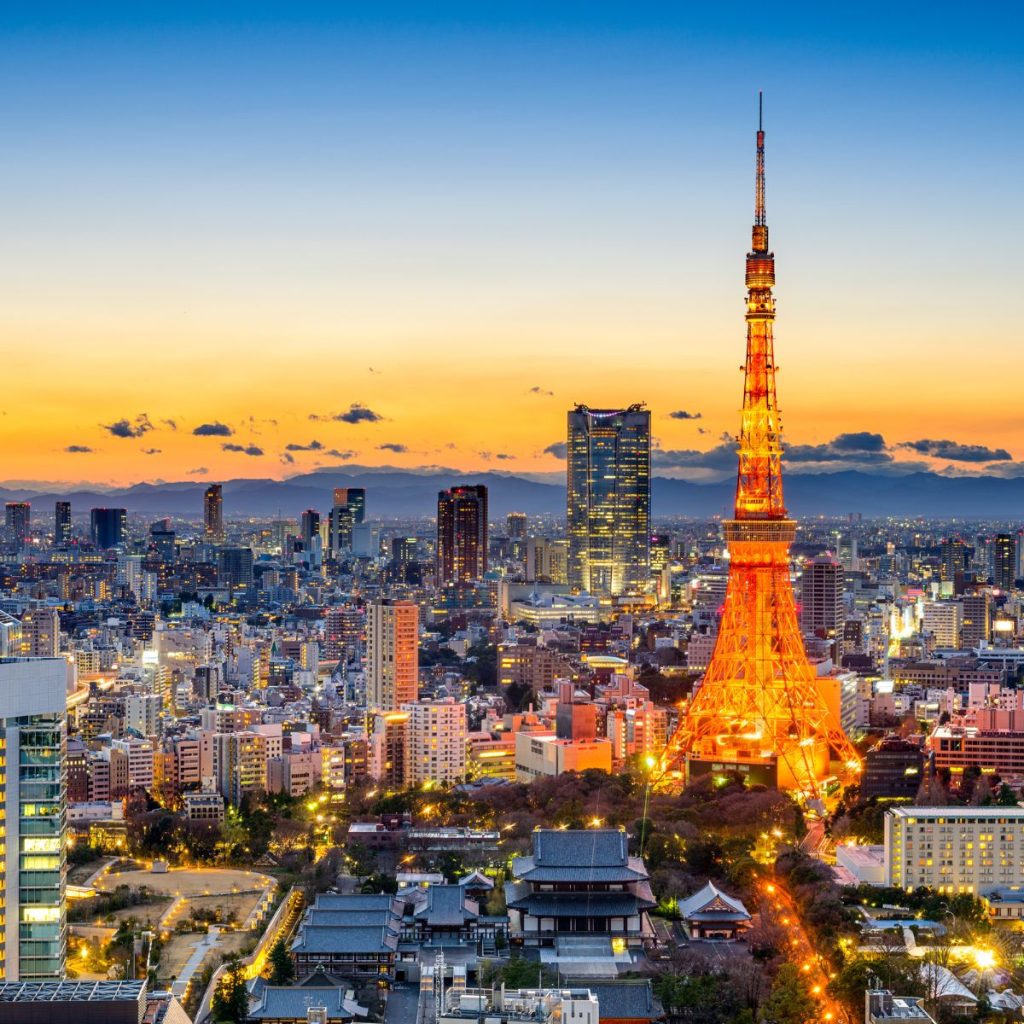
Book Your Travel from Trip.com
Trip.com, the official site for savvy travelers. Explore exclusive travel deals and promotions on flights, hotels, and more. Plan your next adventure with confidence and enjoy savings on your bookings. Don't miss out on the best travel deals - click the link below today and embark on your next journey!
- Wide range of travel options, including flights, accommodations, and activities
- User-friendly interface with easy booking process
- Extensive customer support available 24/7
- Loyalty program offering rewards and discounts
- Some users have reported occasional glitches in the booking system
- Limited options for smaller or less popular destinations
- Pricing may not always be the most competitive
- Additional fees may apply for certain services or changes
Before we proceed to the list of worst times to visit Japan, you can plan your trip with trip.com and check great deals and promotions for flights, hotels, and more!
4 Worst Times to Visit Japan:
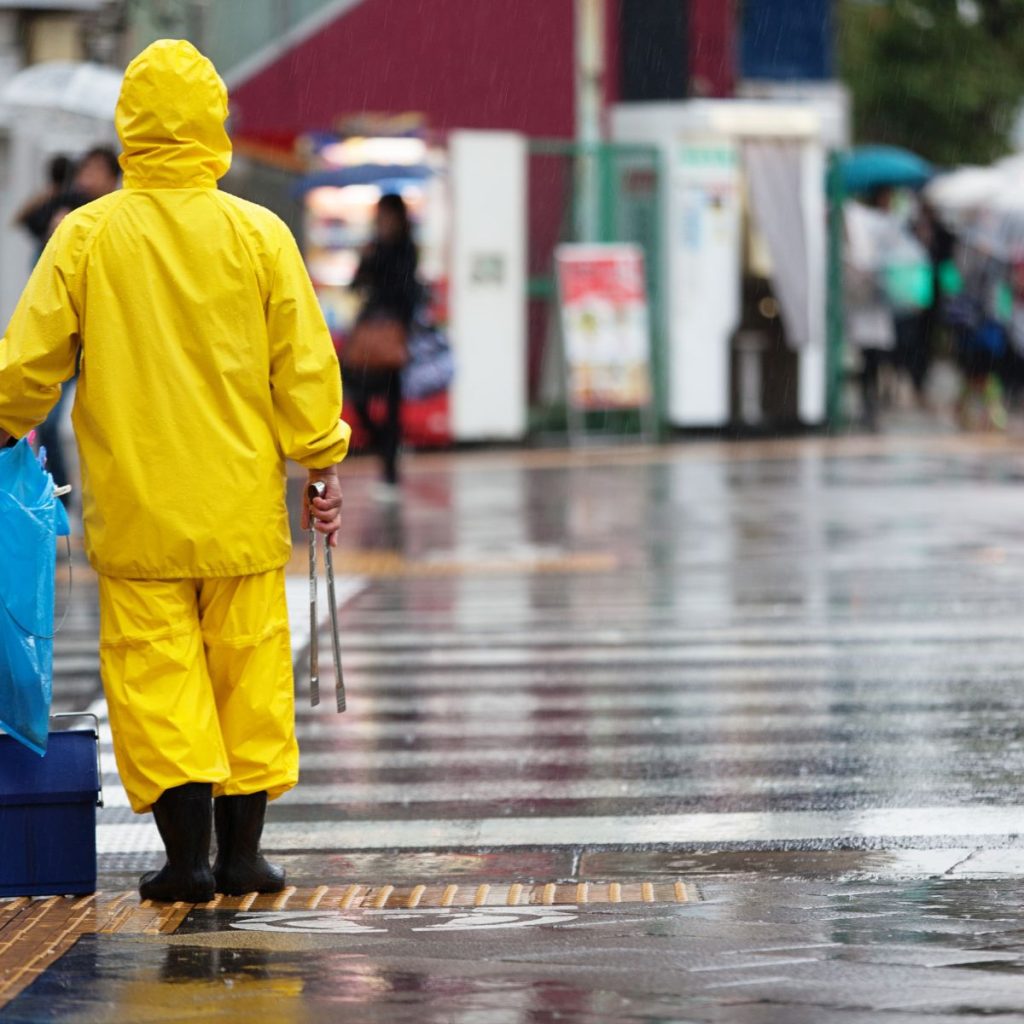
Typhoon Season
If you’re planning a trip to Japan, the worst time to visit is during the typhoon season.
The typhoon season in Japan typically occurs from June to October, with the peak happening in August and September.
During this time, the country experiences heavy rainfall, strong winds, and potential flooding.
These typhoons can disrupt transportation, close attractions, and even cause damage to infrastructure.
If you’re someone who desires innovation and wants to explore the technological advancements in Japan, it’s best to avoid visiting during this season.
Instead, plan your trip during the spring or autumn when the weather is mild, and you can fully enjoy the innovative experiences Japan has to offer without worrying about the impact of typhoons.
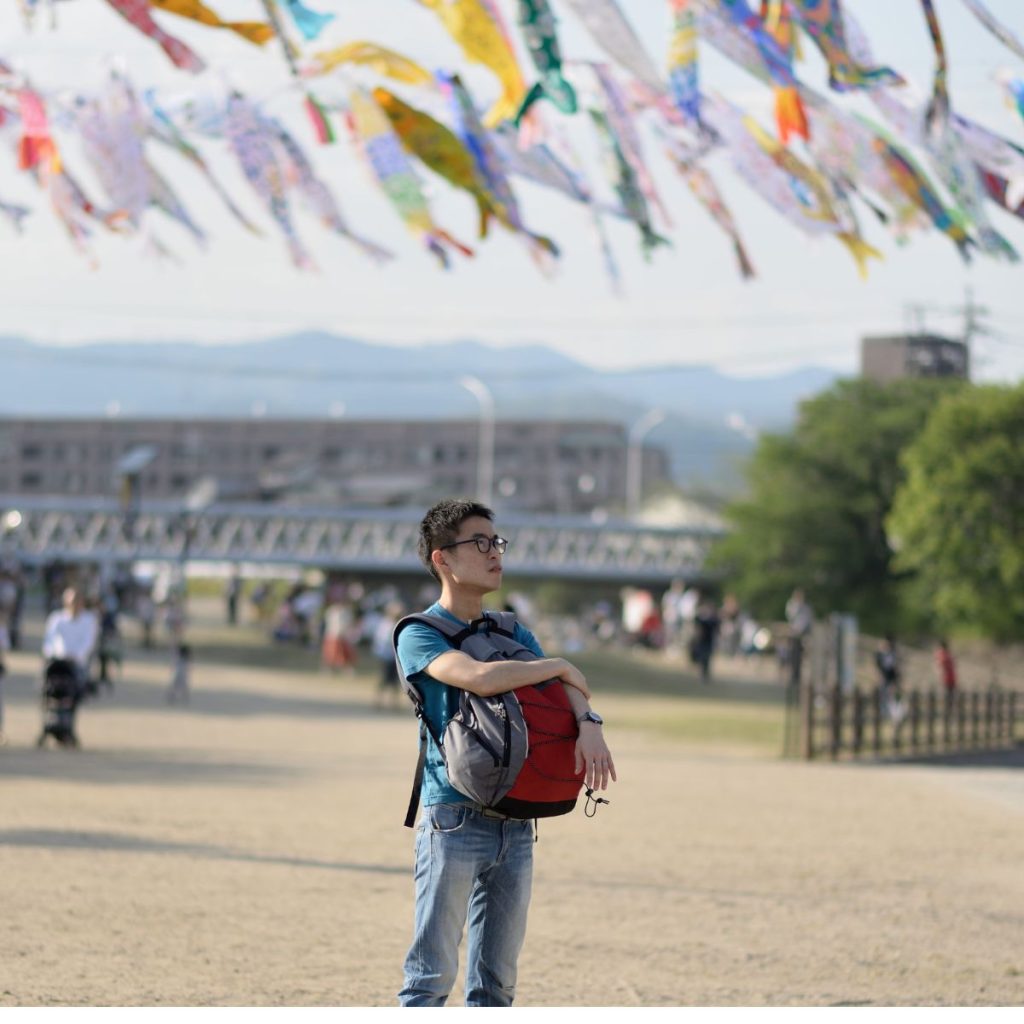
Golden Week
A major drawback for travelers visiting Japan is Golden Week.
This week-long holiday, which usually falls at the end of April or early May, is a time when many Japanese people take a break from work and travel across the country.
As a result, popular tourist destinations like Tokyo, Kyoto, and Osaka become extremely crowded, making it difficult to navigate and enjoy the sights.
Hotels and transportation options are often fully booked, and prices tend to skyrocket during this period.
If you’re someone who desires innovation and wants to explore Japan without the hassle of large crowds and inflated prices, it’s best to avoid visiting during Golden Week.
Consider planning your trip during a different time of the year to fully experience the beauty and uniqueness of Japan.
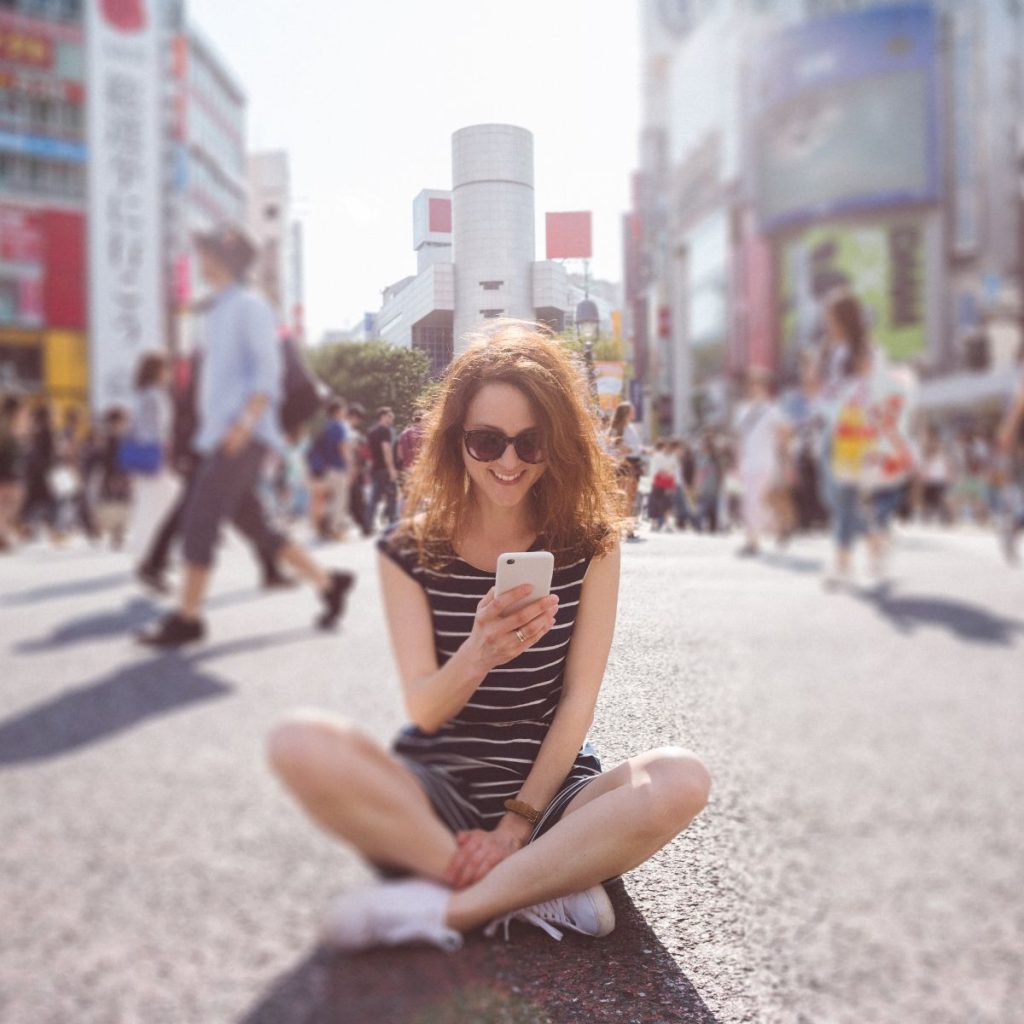
Summer Heat and Humidity
Brace yourself for the oppressive heat and humidity that envelops Japan during the summer months.
If you’re someone who craves innovation and cutting-edge experiences, the scorching summer might not be the ideal time for you to visit Japan.
The combination of high temperatures and humidity can make it quite challenging to explore the country’s vibrant cities and picturesque landscapes.
Imagine walking through Tokyo‘s bustling streets, feeling the sweat drip down your face, and the heavy air clinging to your skin.
While Japan is known for its technological advancements and innovative culture, it’s important to consider the discomfort that comes with the summer season.
However, if you’re determined to visit during this time, make sure to stay hydrated, wear light and breathable clothing, and seek refuge in air-conditioned spaces whenever possible.
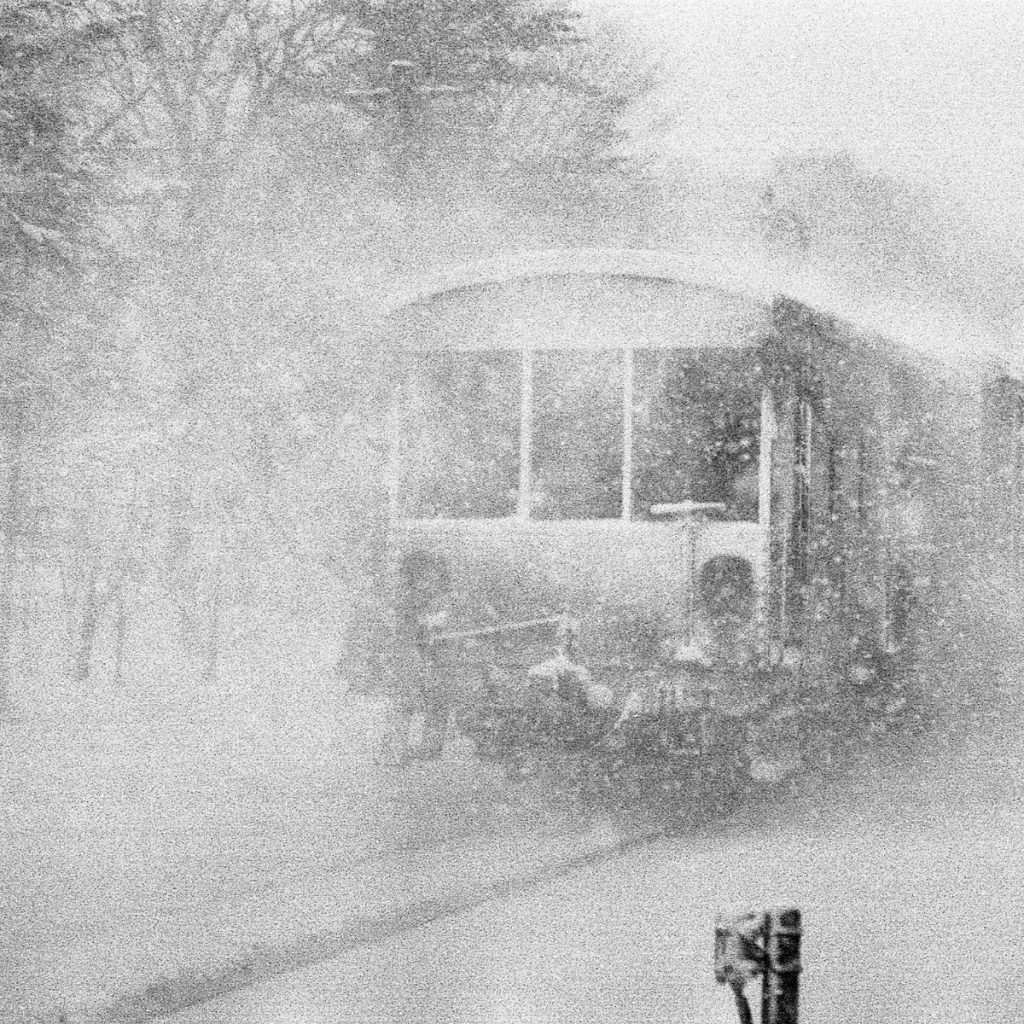



Konnichiwa! (Hello!) I'm Pat Tokuyama, a Japanese tofu cookbook author, who travels for music, food, and adventure. If you like Japanese tea, checkout some of the newestorganic japanese tea, matcha bowls and noren and more!
** Curious about the Plant Based Japanese Cooking Club? ** Learn more here!
Winter Snowstorms
If you’re planning a visit to Japan, you’ll want to be prepared for the winter snowstorms that can greatly impact your travel experience.
While Japan’s winter landscapes can be stunningly beautiful, the heavy snowfall can cause significant disruptions and delays in transportation.
Innovations in technology have helped mitigate the effects of these snowstorms, but it’s still important to plan accordingly. Make sure to check weather forecasts and road conditions before heading out.
Consider packing warm clothing and sturdy footwear to navigate through the snowy terrain.
Additionally, be aware that some tourist attractions and outdoor activities may be closed or limited during this time.
Get Your Travel Insurance for a Safe Trip
 Buy Now
Buy NowSecure your travels with EKTA's comprehensive travel insurance. Travel with peace of mind knowing that you're protected against unexpected events. Don't let uncertainties hold you back - ensure a worry-free journey with EKTA Travel Insurance. Get covered today!
We earn a commission if you make a purchase, at no additional cost to you.
 Buy Now
Buy NowEnsure a worry-free journey to Japan with comprehensive travel insurance from VisitorsCoverage. Stay protected and explore the wonders of Japan with peace of mind. Click here to get covered now!
We earn a commission if you make a purchase, at no additional cost to you.
Conclusion
So if you’re planning a trip to Japan, it’s important to consider the worst times to visit.
The typhoon season can bring heavy rain and strong winds, making it difficult to explore outdoor attractions.
Golden Week, when many Japanese people have time off, can result in crowded tourist spots and higher prices.
Cherry blossom season may be beautiful, but it draws huge crowds and hotels book up quickly.
And don’t forget about the summer heat and humidity, as well as the potential for winter snowstorms.
Choose your travel dates wisely to ensure a more enjoyable experience in Japan.


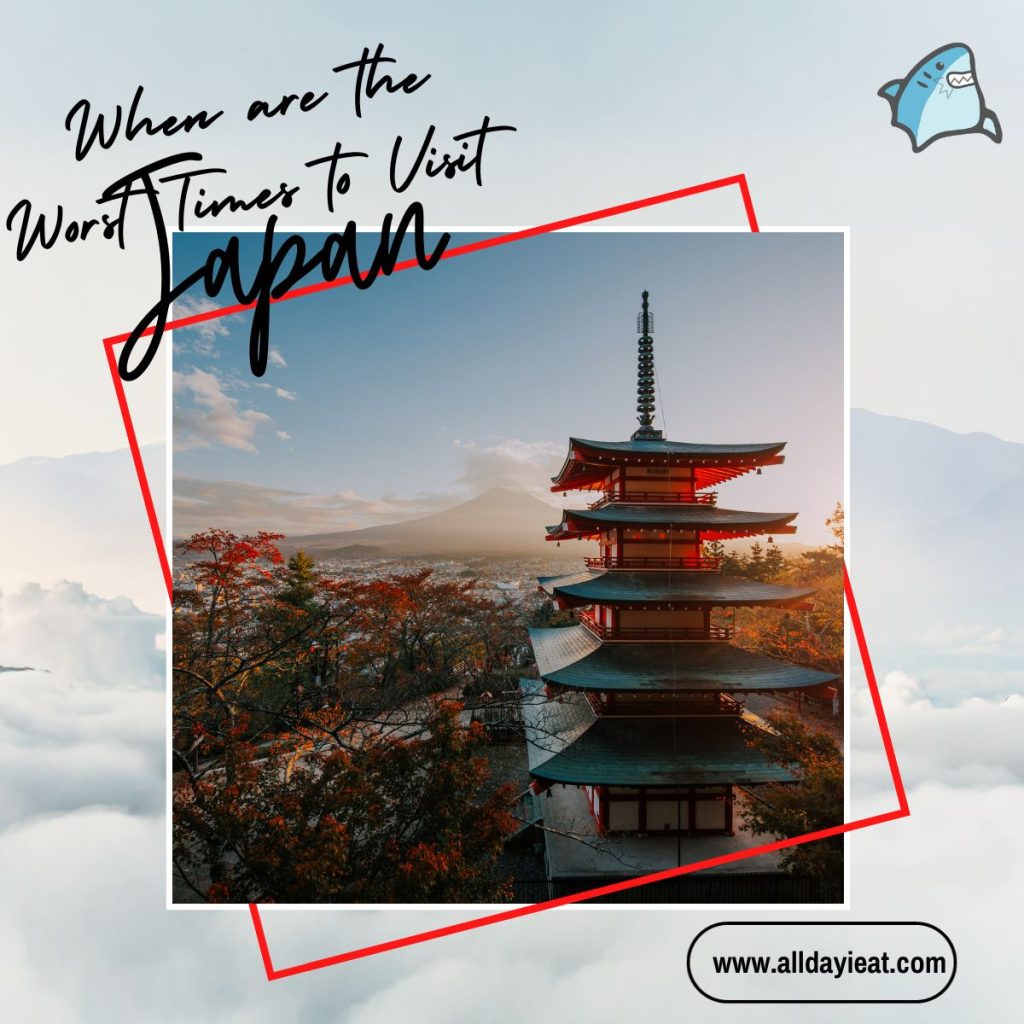





Konnichiwa! (Hello!) I'm Pat Tokuyama, a Japanese tofu cookbook author, who travels for music, food, and adventure. If you like Japanese tea, checkout some of the newestorganic japanese tea, matcha bowls and noren and more!
** Curious about the Plant Based Japanese Cooking Club? ** Learn more here!